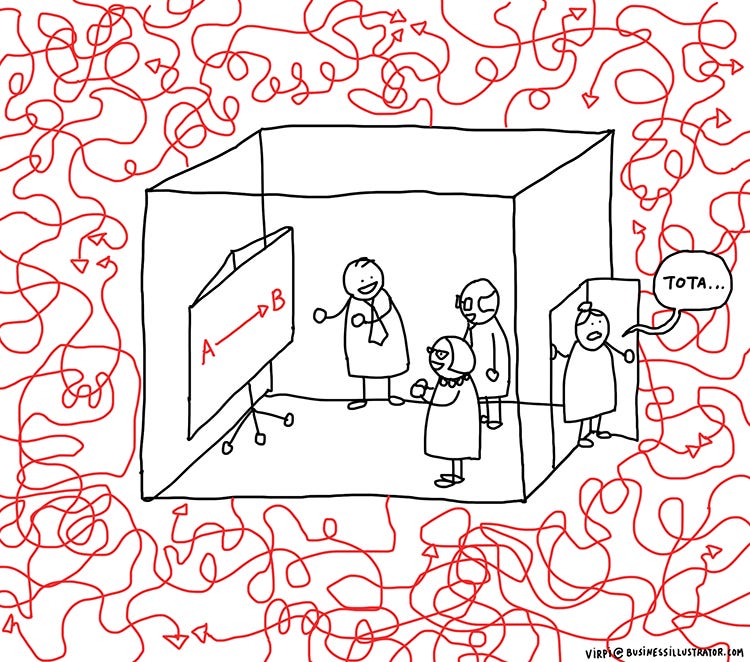The era of linear solutioning is over.
Roughly 360 stocks in the S&P 500 — about 70 percent — underperformed dramatically last year. Why?
In any industry there's a boundary of performance for which the operational state of the art is attained. This is a place of maximum convergence. It’s a place of hyper-commoditization, where expertise of the past has lo…
Keep reading with a 7-day free trial
Subscribe to Hardcore Zen to keep reading this post and get 7 days of free access to the full post archives.




